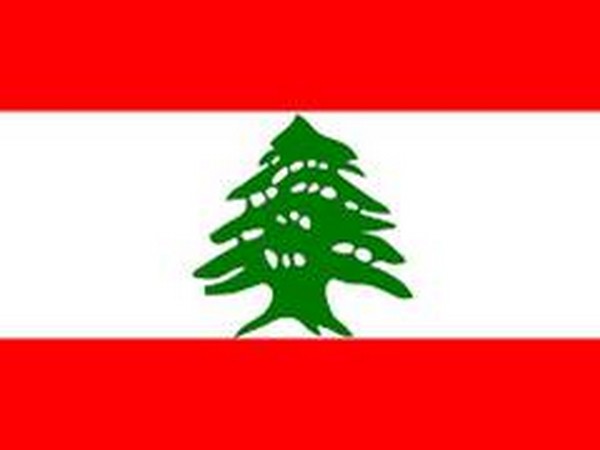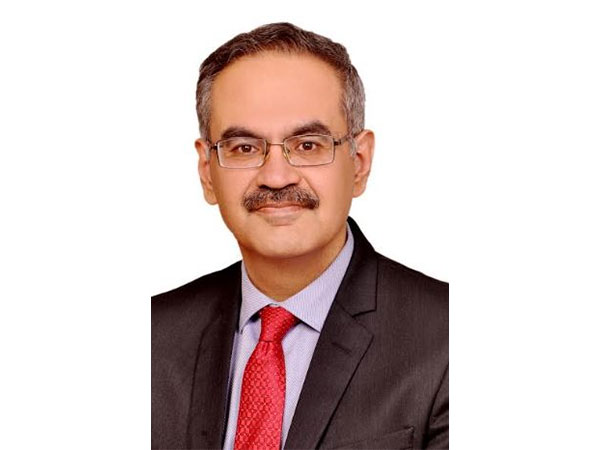Lebanese troops pull back from border as invasion looms
Oct 01, 2024

Jerusalem [Israel], October 1: Lebanese troops have pulled back from the border with Israel as a ground invasion looks imminent just days after Israel killed the head of Hezbollah in an escalation of regional tensions.
At least two Israeli strikes hit Beirut's southern suburbs, a security source said, with a Reuters reporter seeing a flash of light and hearing a loud blast about an hour after the Israeli military had warned residents to evacuate areas near buildings it said contained Hezbollah infrastructure south of the Lebanese capital.
A US official speaking on condition of anonymity told Reuters the positioning of Israeli troops suggested a ground incursion of Lebanon could be imminent.
Israeli Defence Minister Yoav Gallant told local council heads the next phase of the war along Lebanon's southern border would begin soon, and would support the aim of bringing home Israelis who have fled Hezbollah rockets during nearly a year of border warfare.
"We will use all the means that may be required - your forces, other forces, from the air, from the sea, and on land. Good luck," he told troops.
Lebanese troops pulled back from positions along Lebanon's southern border with Israel to about 5km north of the border, a Lebanese security source told Reuters.
A Lebanese army spokesperson did not confirm or deny the movement.
Lebanon's army has historically stayed on the sidelines of major conflicts with Israel, and in the last year of hostilities has not fired on the Israeli military.
Amal Al-Hourani, mayor of Jdeidet Marjayoun, a Christian-majority Lebanese village less than 10km from the border, told Reuters that two locals had received calls apparently from the Israeli army telling them to evacuate the area as soon as possible.
The Israeli military declared the areas around the communities of Metula, Misgav Am, and Kfar Giladi in northern Israel near the border with Lebanon as a closed military zone and said entry to the areas was prohibited.
As speculation grew that the ground operation was imminent, an Israeli military spokesperson issued a statement on social media platform X, telling Israelis not to "spread irresponsible rumours" about troop movements and activities.
State Department spokesperson Matthew Miller said Israel had told the US it is conducting limited ground operations focused on Hezbollah infrastructure in Lebanon near the border.
Israel last week rejected a proposal by the US and France calling for a 21-day ceasefire to give time for a diplomatic settlement that would allow displaced civilians on both sides to return home.
US President Joe Biden, who has so far had little success urging Israel to rein in its assaults on Hezbollah or on the Hamas militia in Gaza, called for a ceasefire.
"I'm more worried than you might know and I'm comfortable with them stopping," Biden told reporters when asked if he was comfortable with Israeli plans for a cross-border incursion. "We should have a ceasefire now."
Friday's assassination of Hassan Nasrallah - the most powerful leader in Tehran's "Axis of Resistance" against Israeli and US interests in the Middle East - was one of the heaviest blows in decades to both Hezbollah and Iran, and followed two weeks of intensive airstrikes.
Hezbollah's deputy leader Naim Qassem, in a first public speech since Nasrallah's death, said that "the resistance forces are ready for a ground engagement".
The Israeli airstrikes have eliminated several Hezbollah commanders but also killed about 1000 civilians and forced one million to flee their homes, according to the Lebanese government.
At least 95 people were killed and 172 wounded in Israeli strikes on Lebanon's southern regions, the eastern Bekaa Valley, and Beirut in the past 24 hours, Lebanon's health ministry said early on Tuesday.
Nasrallah's killing, along with the assassinations and systematic attacks on the group's communications devices, constitute the biggest blow to the Shi'ite movement since Iran created it in 1982 to fight Israel.
Israeli Prime Minister Benjamin Netanyahu warned Hezbollah's main backer, Iran, that "there is nowhere we will not go to protect our people and protect our country"
Source: Fijian Broadcasting Corporation









